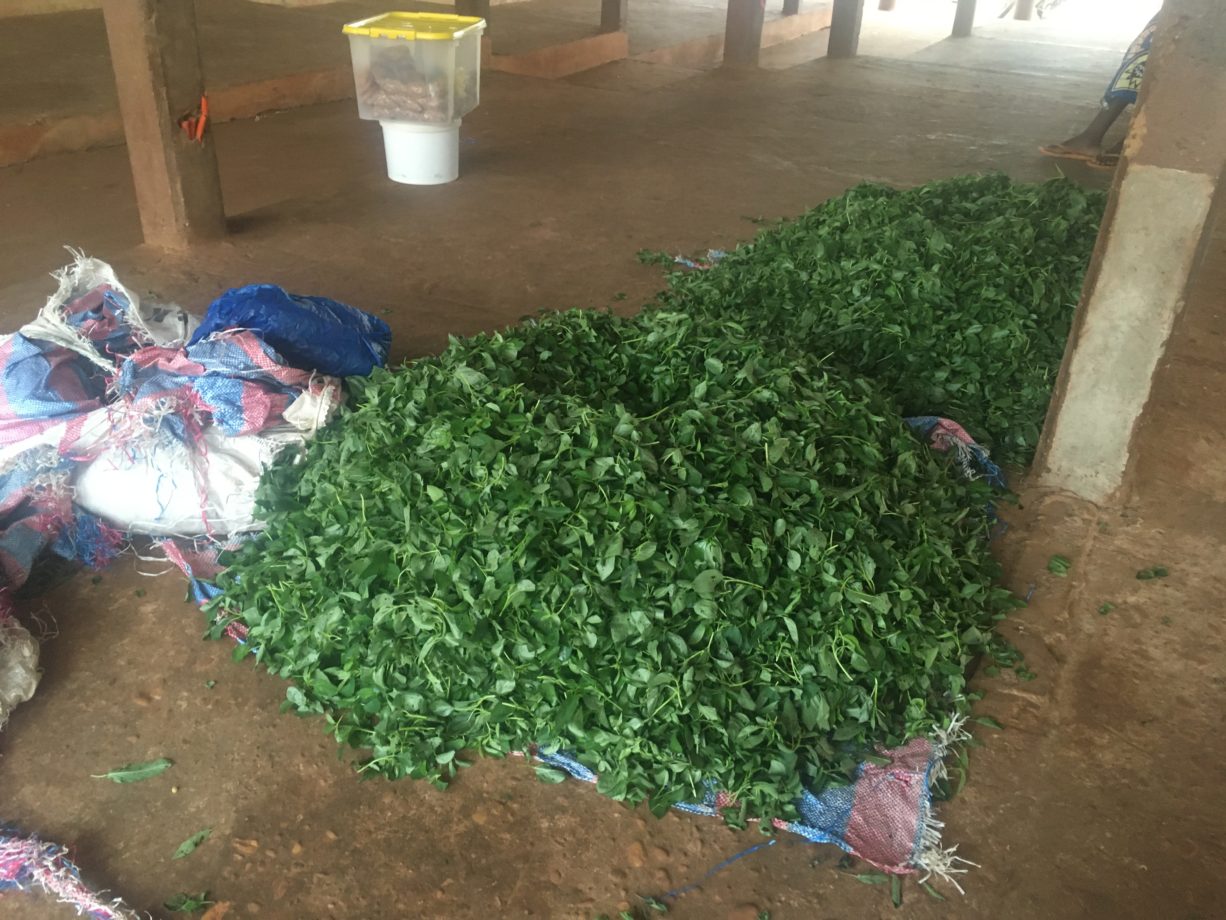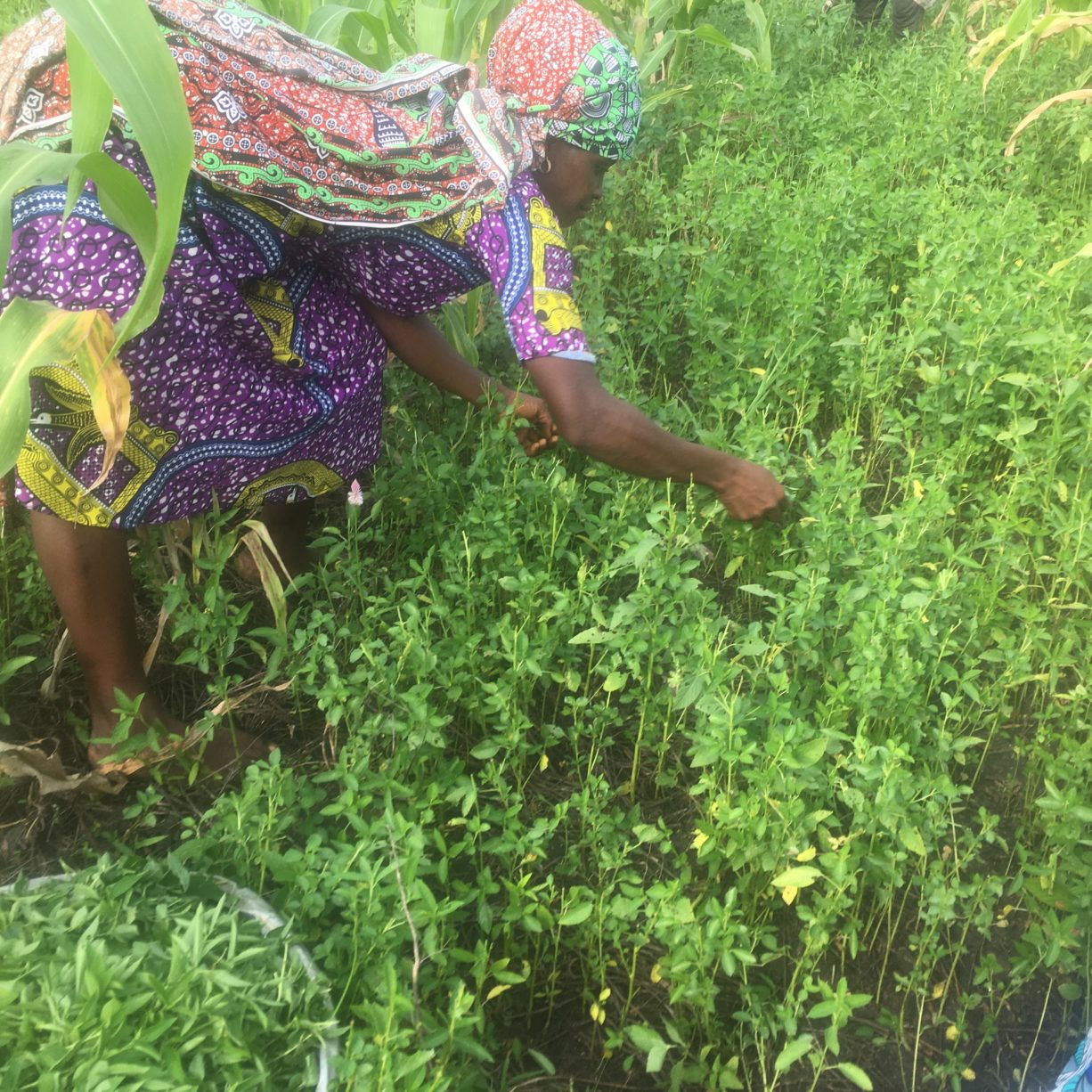We asked her what collecting and selling adémé, the leafy vegetable, has to do with the work of the young farmers’ network. The answer is as simple as it is complicated: we want to “professionalize” the harvest and sales. For a good ten years now, the concept of professionalization has been taking root in agriculture and rural development. It is very often associated with supporting young farmers. Behind this lies the realization that in all African countries the proportion of young people is disproportionately large. This proportion is in stark contrast to the traditional decision-making structures and individuals responsible for developing and implementing policies. Another aspect that plays a role is the fact that agriculture in Togo is still based almost entirely on tillage and cultivation with hoes. Mechanization, even in its basic form of oxen hitching, has not developed and has certainly not prevailed, apart from just a few exceptions in the north of the country. This is not to mention mechanization comprising tractors and sufficiently powerful equipment. Logically, a second approach implemented under the umbrella of the regional network of young farmers is that of mechanization. Sallah, another active member of REJEPPAT’s regional association is committed to using adapted, replicable, easily obtainable tractors with an assured supply of spare parts. The first experiences of mechanization were disappointing and bitter for all involved. Tractors manufactured in African – if people got them running – would break down after a short time. Spare parts were not available. Mechanics – even if there were some capable of undertaking repairs – have no resources.
Against this backdrop, the logic applied by the young farmers’ association is gaining shape and weight. The fact that the REJEPPAT association has taken up the cause of promoting sustainable, ecological agriculture is as correct as it is forward-looking. It makes use of the country’s resources and aims to offer prospects to the many young people living in rural areas.
Autor: AHA-Trainer Peter Keller

